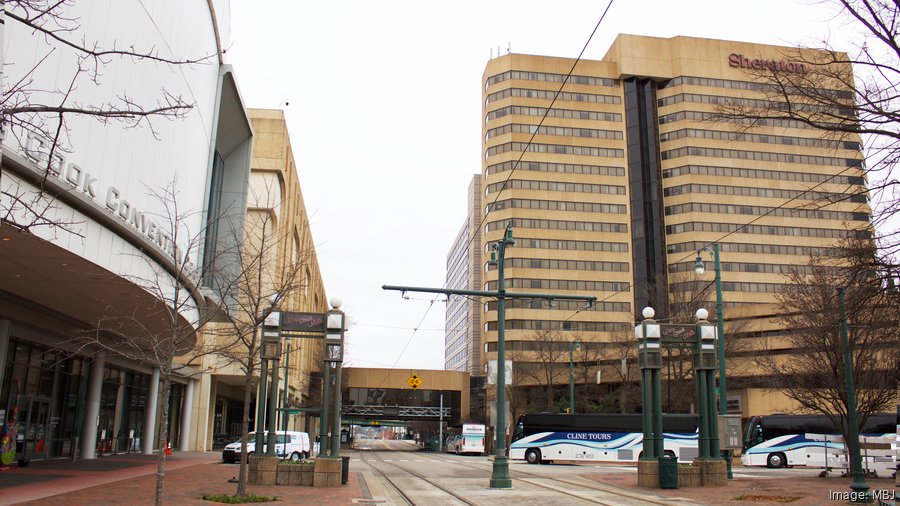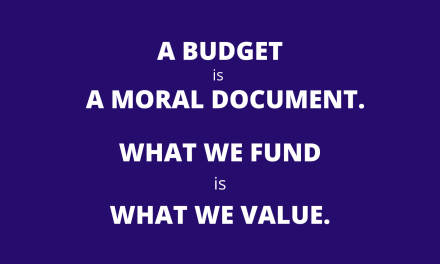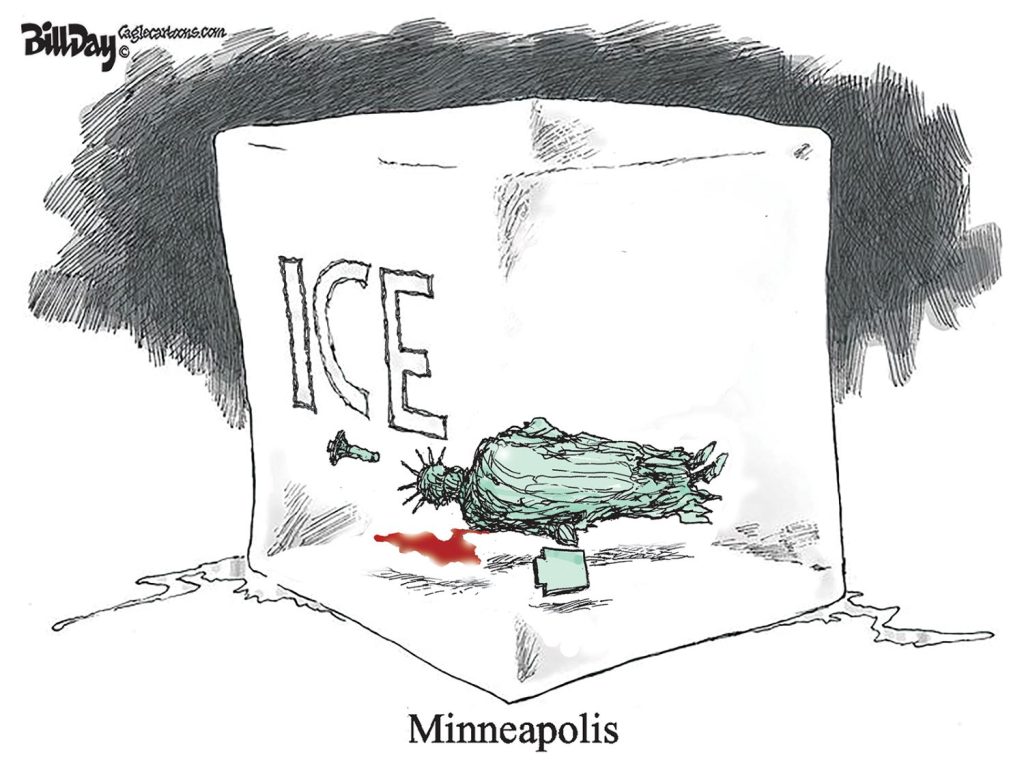Memphis is at a moment of truth.
It needs to do whatever it can to control its own destiny.
Purchasing the Sheraton Memphis Downtown Hotel, the city’s substandard convention center hotel, for $22 million is one of the things it needs to do.
The announcement by Mayor Paul Young about the purchase was greeted with the expected pushback – if not outrage – by conspiracy theorists, social media trolls, and negative commenters on news sites.
And yet, it’s still the right thing to do.
For too many years, the substandard condition of the hotel has made a mockery of Memphis’s $200 million investment in the renovated convention center.
Buying the hotel is the logical business decision for City of Memphis. While Mayor Young said that the hotel is at a “tipping point,” in truth, the Sheraton has already tipped and is on a rapid decline.
Hard Times
Memphis has been a third tier convention city for decades. Aspirations to be more than that will never happen without a first-class convention center hotel that acts as a primary selling point for conventions in the renovated facility adjacent to it.
At the time the Renasant Convention Center – I hate that the convention center’s name doesn’t even tell what city it is in – was opened, it was said that Memphis was a middle to lower third tier convention center. With the $200 million investment in the convention center, we are likely a higher third tier convention city as its economic impact rose to $63.1 million from 421 events resulting in 97,722 hotel room bookings.
If Memphis is to break through to second tier status, it won’t happen without a superior hotel asset aligned to produce a positive, convenient, enjoyable experience producing a strong reputation and word of mouth that improves its competitive advantage.
Today, the 39-year-old hotel – which was built for $23.5 million in tax exempt bonds and loans by city and state as part of Governor Lamar Alexander’s Jobs Conference – has fallen on hard times, and because of it, Memphis is losing convention prospects and economic activity – 31,000 room nights this year alone that would have paid $721,000 in convention center rentals.
Falling Like A Rock
Concern about the hotel’s deteriorating condition is not new. For at least 10 years, City of Memphis has been working with Memphis Tourism and the hotel owners in efforts to upgrade conditions there and to make it more competitive in the marketplace.
Nothing happened and now things have reached a crisis point.
For one, the occupancy at the Sheraton Hotel has fallen to 36%. In other words, two out of three rooms do not have a paying customer in them, on average. Occupancy has been declining since 2017. Two years ago, after the hotel was purchased by Starwood Capital Group, it received a 30-year PILOT for a proposed $226 million renovation for the hotel’s 600 rooms, a 300-room tower expansion, but the project never moved ahead and they decided instead to try to sell the hotel. Second, unfortunately, plans for the Loews Hotel and the Grand Hyatt fell apart, placing even greater pressure on the Sheraton to perform its role as convention center hotel.
The good news about the proposal is that the hotel would no longer bear the Sheraton flag. Rather, the hotel would be branded with a new flag with more prestige in the marketplace.
With Chance Carlisle of the Carlisle Corporation among the three developers in the deal and the one with hotel experience, it could suggest that a new flag might be a Hyatt since his company already owns and operates the Hyatt Centric and Caption by Hyatt downtown. If it could become the Grand Hyatt that he proposed for the Beale Street and Wagner Place area of downtown, it would exceed all expectations in sending a national message that Memphis is prepared and serious about its convention business.
In addition to Mr. Carlisle, the other members of the local development group are Carolyn Hardy and Tyrone Burroughs. Both are highly successful entrepreneurs in Memphis – their memberships in the Society of Entrepreneurs are evidence of that – and while Mr. Carlisle brings hotel experience to the mix, both of them have histories of innovation, creative financing, and resilience.
Mr. Carlisle and Mr. Burroughs two months ago introduced the River City Momentum Fund, a venture capital fund dedicated to investments in real estate developments in Memphis.
The Risk of Doing Nothing
The three partners earlier approached city government, asking for its help in purchasing the hotel and partnering in its development. Out of that contact the current concept evolved. It remains to be shown how their original proposal compares to Mayor Young’s proposal and where the risk was placed and if they are to be paid through a fee structure rather than hotel revenues. Presumably, they would have to pay a fee for a new flag and a hotel management company so financing and cash flow comparisons would be informative.
While this proposal defies explanation with an easy-to-understand Venn Diagram, that does not mean it is totally breaking new ground. There are other cities – Denver, Baltimore, and Birmingham are three – who own their convention center hotels. More to the point, complex partnerships between public and private entities are a common approach in developing convention center hotels – or non-convention center hotels, for that matter – and for the public sector to assist in the financing of these projects.
In an environment that is volatile and with the expectations that financial volatility will ease in coming years, it makes sense that City of Memphis should buy the Sheraton so it had ultimate control over the process.
Yes, the purchase of the Sheraton has risks, but as they say, the greatest risk is doing nothing, as Memphis’s sad excuse for a convention center hotel continues to undermine our attempts to expand our convention business, becomes a national symbol about the city’s lack of ambition, and to symbolically wave the white flag about downtown revitalization.
No Choices
In many ways, it seems that City of Memphis really doesn’t have a choice. The current owners of the Sheraton have been trying to sell it since February and were moving toward auctioning it in December, conjuring up images of scavenger investors buying it with the intent to flip it while spending the least amount of money for the renovations to make that possible.
In that case, Memphis would be a bystander as another owner behaves like the current ones who bought the hotel and then acted like they never really cared about it. They had been hanging on in hopes that the new convention center would drive more customers to their door but that really never materialized because of their own neglect, as shown in numerous photos online.
The essence of the deal is that Memphis buys the hotel, keeps it for two years, sells it to a nonprofit entity with operational experience. Mayor Young laid out five steps to Memphis City Council for the purchase: 1) city issues buys hotel for $22 million using lower interest 501 (c)(3) bonds, 2) city holds hotel for two years with a local operator, 3) city sells hotel at market rate appraised value of about $40 million to another nonprofit partner specializing in commercial real estate management, 4) proceeds of the sale are used to pay off debt or foster downtown tourism projects, and 5) nonprofit partners will retain local developer to make major upgrades and deed it to the city once the 501(c)3 bonds are totally paid off.
As I said earlier, it defies an easy-to-understand Venn Diagram, and obviously, questions remain to be answered, such as whether could use condemnation to take possession of the hotel (an idea from former assistant city attorney Ken McCown), an explanation of the scope and how the much-needed future renovations will be paid for, and whether there is a pro forma financial projection for the project.
One Voice Matters
In the midst of the many voices expressing opinions about the purchase of the Sheraton Hotel by City of Memphis, there’s one who deserves more attention than any other. It’s a hometown expert with national credentials in the hospitality industry with deep experience with multiple hotel companies and chains – Chuck Pinkowski.
He said City of Memphis is the most logical owner, partly because of the reality that no national hotel company wants to own and operate it. “They will manage it for an owner, but they don’t want to invest in it so the most logical owner is the City because they obviously have the most to lose and most to win by the success or failure as we have seen by the hotel.”
He cautions that it may take longer than two years to modernize the Sheraton and predicts it would be mid-2027 until the new, improved hotel is ready to be revealed.
“The conventions support a lot of the rest of what goes on downtown. You’re not going to be selling conventions of any significance unless you have a major convention hotel down there…If (this proposal) doesn’t go through and we have to live with the Sheraton the way it is, we might as well turn off the lights downtown.”
***
Join me at the Smart City Memphis Facebook page and on Instagram where these blog posts are published along with occasional articles, reports, and commentaries that are relevant to Memphis.






This post is as close to clearly explaining the reality of the proposed deal as anything I’ve read in either The Daily Memphian or The Commercial Appeal. The Sheraton has experienced a few failed hotel brandings since it began life about 40 years ago as a Crowne Plaza, the flagship brand then owned by Holiday Corp. But new owners and inattention over the years gutted what was to be the solution to our convention problems and now it stands as one of downtown’s biggest problems. This city has little choice: buy it and renovate it and rebrand it under a major management contract, or let it rot in place as the rest of downtown rots along with it. Will a renovated and updated Convention Center hotel solve downtown’s problems? Likely not, but it’s a good beginning. Thanks for the post, Smart City.
Susan: Well said.
As SCM noted, convention center hotels involve a host of financing and ownership arrangements. While not strictly apples and oranges, a look back to an article penned by the Nashville Post in 2010 regarding the Omni (Convention Center) Hotel in Nashville:
“Omni is in line for some incentives from Metro government, though the details will not be finalized until Thursday’s meeting of the convention center authority. Metro plans to provide $103 million* in tax incentives, based on revenues generated by the project, over the next 20 years. In addition, the city could provide the bulk of the financing for the land acquisition. Irving, Texas-based Omni will pay cash for the development, fronting the cost of construction itself.
If the city fails to generate enough revenue from the tourism taxes to pay Omni, it will make up the differences with ‘non-tax revenue.’ Those tourism dollars are also slated to pay off the convention center bonds.”
*$103 million in 2010 now equates to approximately $150 million according to the CPI Inflation Calculator.
Just as in Nashville in 2010, risk is inherent in the city’ purchase of the hotel. SCM’s post defines just some of the risks inherent in non-involvement. Defining and understanding the risks associated with ALL options helps make the most viable choice clear.
Hope you are right SCM but “to be revealed in 2027” reminds me of my own tendency to buy stuff on the cheap at yard sales, putting in attic for future whatever, and repeating the cycle.